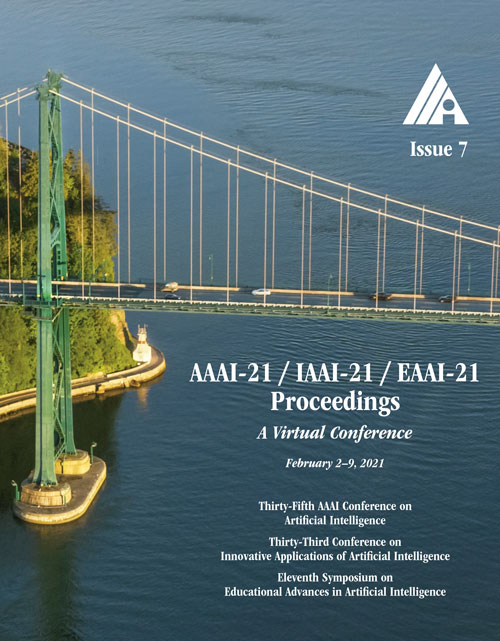Ranking Sets of Defeasible Elements in Preferential Approaches to Structured Argumentation: Postulates, Relations, and Characterizations
DOI:
https://doi.org/10.1609/aaai.v35i7.16798Keywords:
ArgumentationAbstract
Preferences play a key role in computational argumentation in AI, as they reflect various notions of argument strength vital for the representation of argumentation. Within central formal approaches to structured argumentation, preferential approaches are applied by lifting preferences over defeasible elements to rankings over sets of defeasible elements, in order to be able to compare the relative strength of two arguments and their respective defeasible constituents. To overcome the current gap in the scientific landscape, we give in this paper a general study of the critical component of lifting operators in structured argumentation. We survey existing lifting operators scattered in the literature of argumentation theory, social choice, and utility theory, and show fundamental relations and properties of these operators. Extending existing works from argumentation and social choice, we propose a list of postulates for lifting operations, and give a complete picture of (non-)satisfaction for the considered operators. Based on our postulates, we present impossibility results, stating for which sets of postulates there is no hope of satisfaction, and for two main lifting operators presented in structured argumentation, Elitist and Democratic, we give a full characterization in terms of our postulates.Downloads
Published
2021-05-18
How to Cite
Maly, J., & Wallner, J. P. (2021). Ranking Sets of Defeasible Elements in Preferential Approaches to Structured Argumentation: Postulates, Relations, and Characterizations. Proceedings of the AAAI Conference on Artificial Intelligence, 35(7), 6435-6443. https://doi.org/10.1609/aaai.v35i7.16798
Issue
Section
AAAI Technical Track on Knowledge Representation and Reasoning

